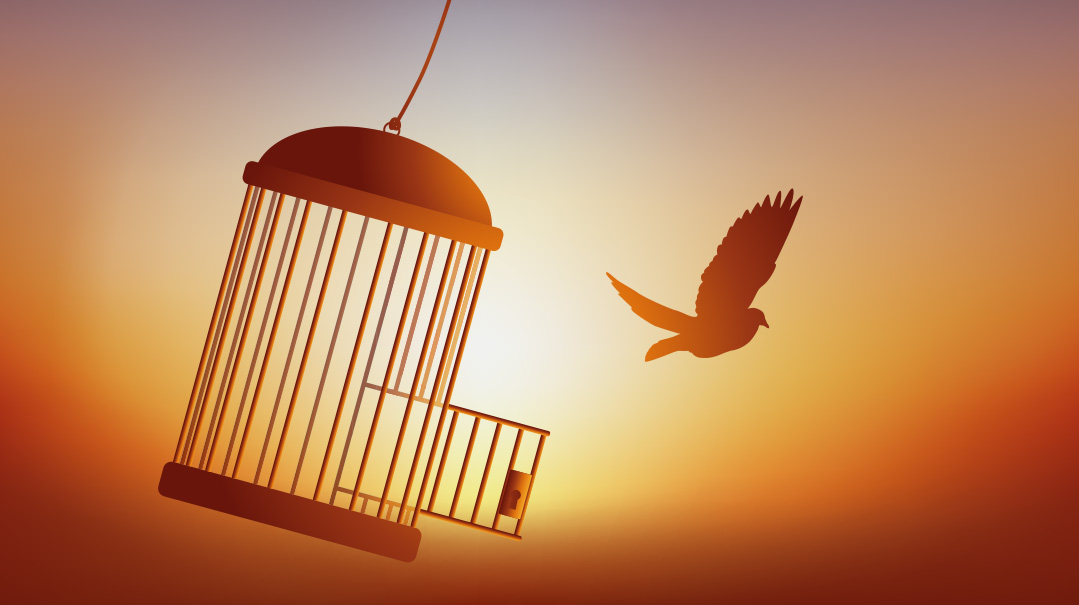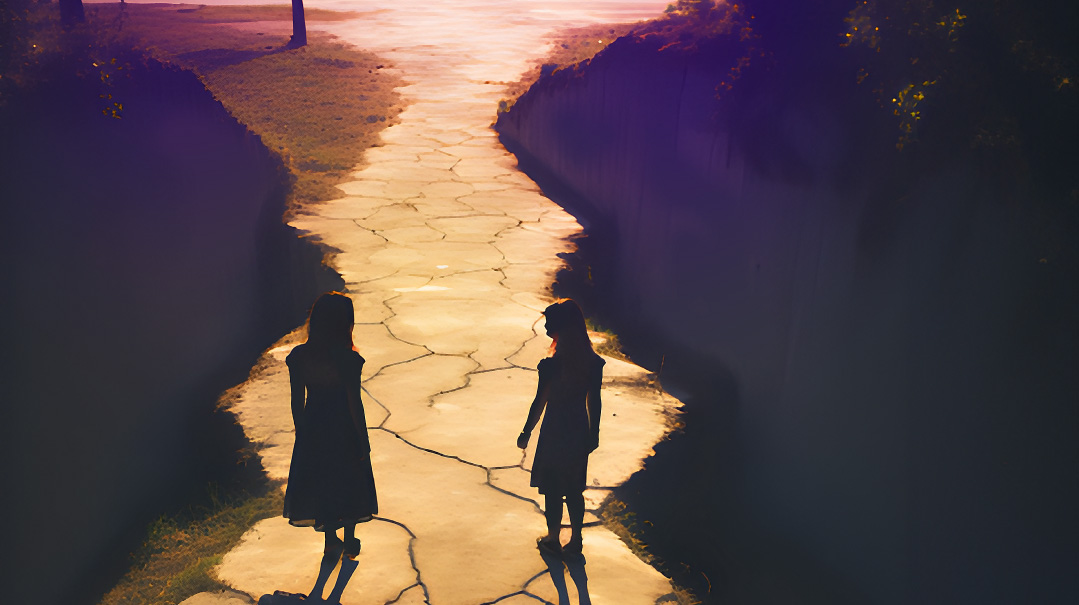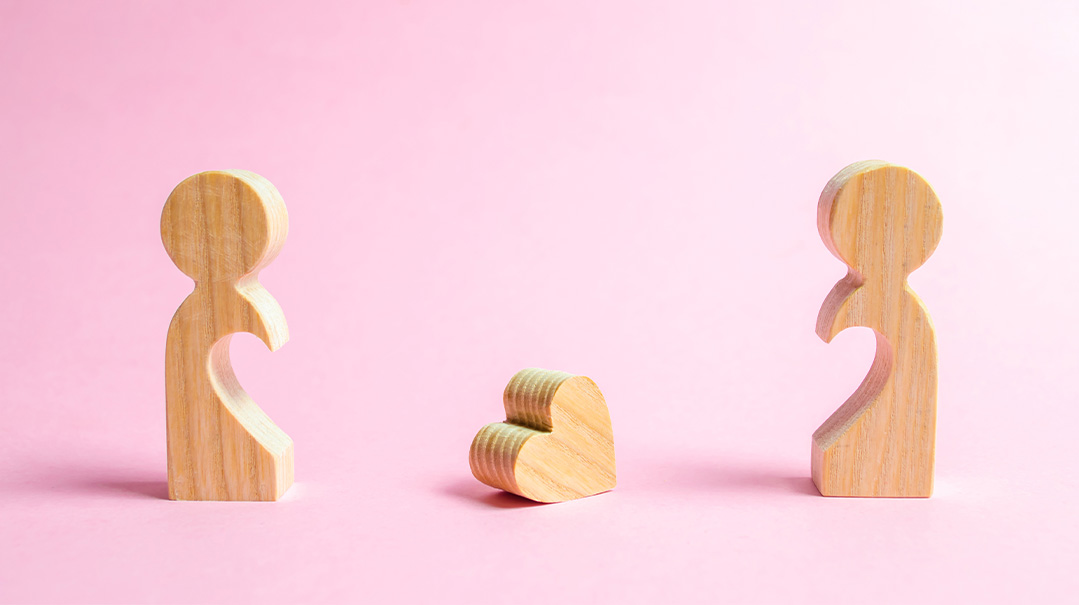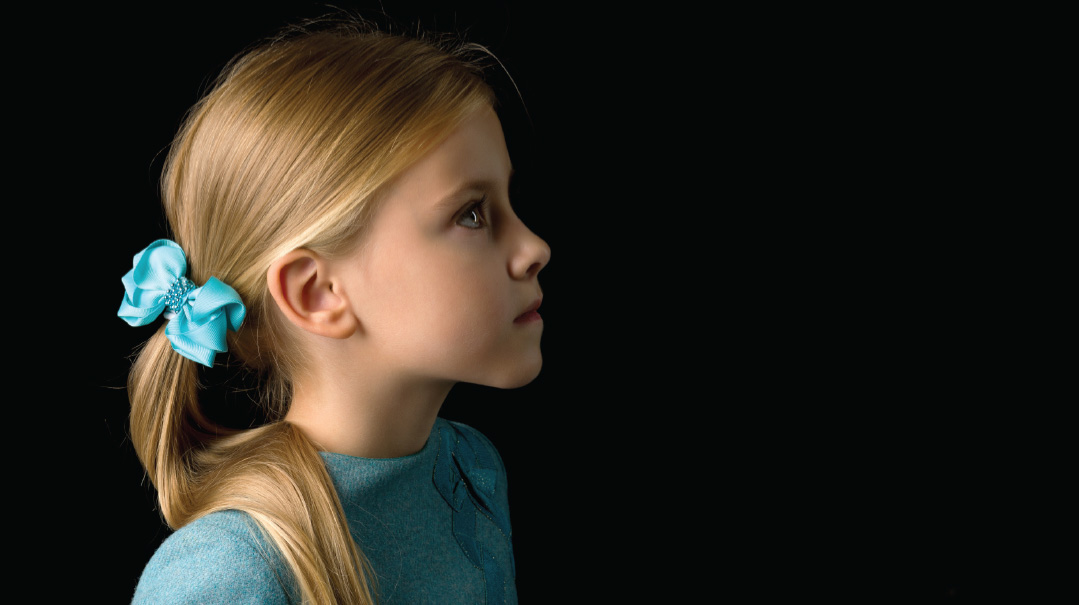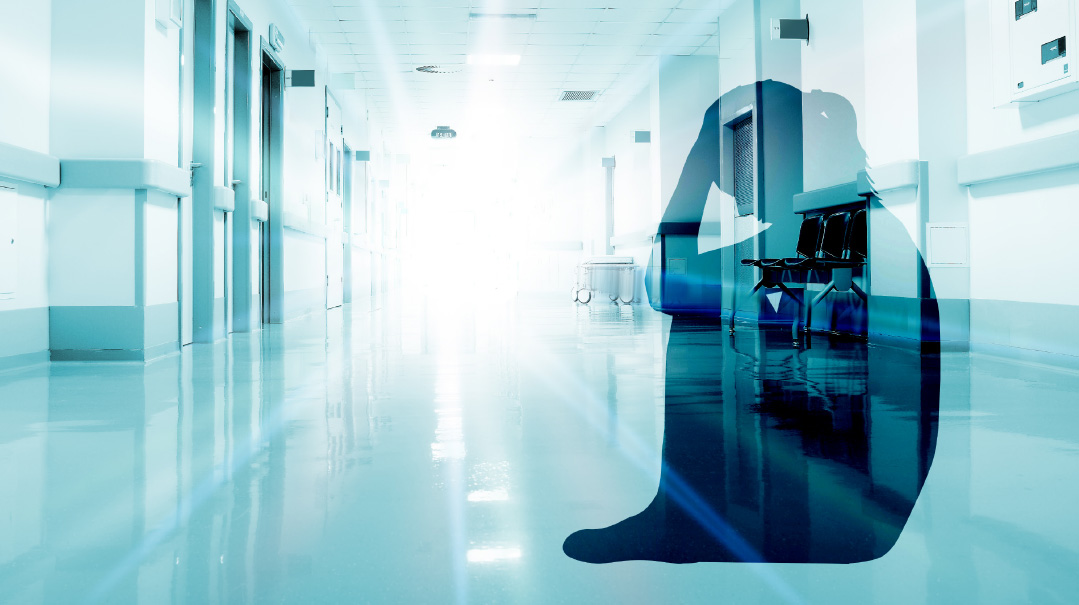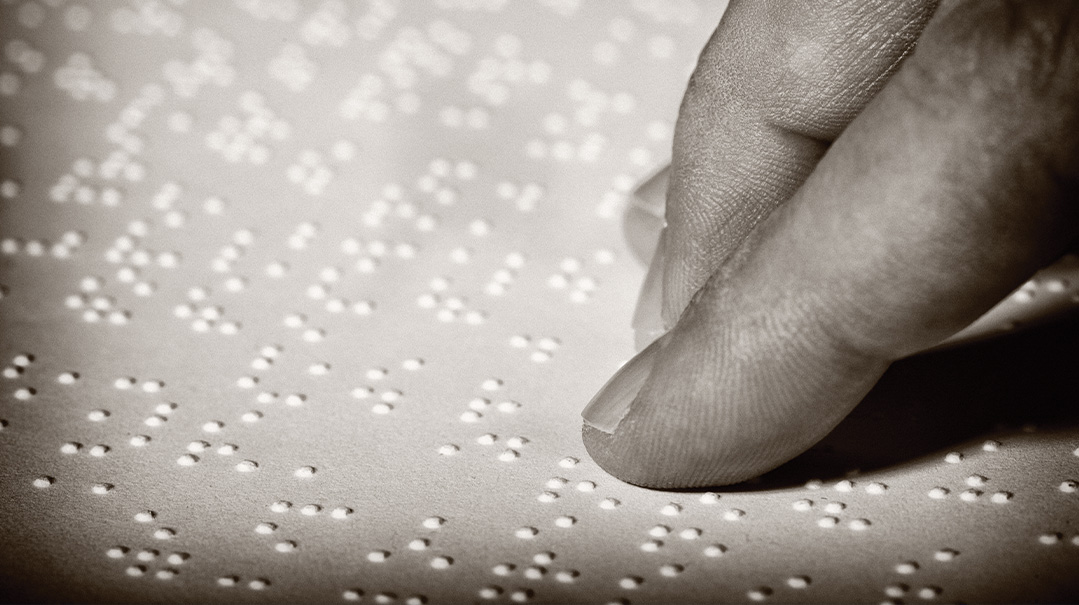My Battle with Anxiety

My name is Tova. If you met me, you would never guess that there’s anything wrong

It’s been a few years now since I was diagnosed with anxiety. It’s not too often you read about kids battling anxiety and that’s unfortunate, because I know it’s more common than it seems. It’s time to pull it out from under the rug, accept that it happens, that it’s common, and there’s really no need to feel alone or ashamed.
My name is Tova. If you met me, you would never guess that there’s anything wrong. In fact, for most of my life, there wasn’t anything wrong. I was bullied a little when I was a kid, but nothing major; I don’t think that’s the cause of my struggle. I’m a bit of an anomaly when it comes to anxiety cases because my childhood was normal, my family was normal, but when I was 17, I suddenly had a full-blown panic attack. Completely out of nowhere.
There I was, in the lunchroom with hundreds of other students, about to eat my lunch, when suddenly I felt like I couldn’t breathe. I felt hot, dizzy, and sweaty. I felt like everyone was looking at me. I was sure I was going to pass out, going to die. It kept getting worse and worse, the feelings kept getting stronger.
After that, I stopped going to the lunchroom. I was too scared it would happen again.
No big deal. I ate my lunch by myself on the front steps of the school building.
But then I had a panic attack in class. I felt the same feelings, and they came fast and furious. It was terrifying. And it was worse, because of course in class I wasn’t just imagining that everyone was looking at me. Everyone was looking at me, which made me prickle with humiliation and shame.
I stopped going to class.
Then I had a panic attack in the shower. After that, I took only quick two-second showers.
I felt completely alone. Like no one could understand what I was going through. My friends tried to be understanding, but even they said, “You should see a psychiatrist,” recognizing that whatever I was experiencing was serious.
Acquaintances and friends outside my immediate circle would stop me and comment in ways they might have felt were thoughtful, but which actually made me cringe with terrible hurt. “Why weren’t you in class? You really shouldn’t skip so much for no good reason. I mean, your parents pay tuition for a reason and you’re just wasting their money….”
People should never comment! It’s impossible to know what is going on behind closed doors or in someone’s heart and mind.
I told my parents about what was happening, but they never saw me during a panic attack and I tried downplaying it a bit because I didn’t want to worry them. What if they’d blame themselves? It was nothing they did; they’re great parents.
My parents encouraged me to exercise more, to eat healthy, to get more sleep, to learn how to relax more with traditional visualization methods, breathing exercises, or yoga. These things are all known to impact a person, because eating the wrong foods or missing too much sleep, as we all know, can really send our bodies out of whack.
But I needed more help. After a push from one of my teachers — she urged my parents to send me for help — I finally went to a psychiatrist, who diagnosed me with severe anxiety.
I didn’t want to take medication. My parents definitely didn’t want me to take medication. But the psychiatrist said he couldn’t help me without it. Eventually I started taking antidepressants, felt a little better, and the rest of my schooling (including seminary and post-seminary classes) were free of panic attacks. I also had to do a lot of hard work in therapy, had to make sure to always get enough sleep, and learned different techniques for dealing with big crowds and loud noises when I felt overwhelmed. Baruch Hashem, like I said, I am a perfectly normal person. You’d never guess anything by looking at me. Just like I wouldn’t guess anything about you or what’s going on in your mind or heart. You just never know.
Another thing I want to mention is the careless type of talk I’m always hearing: like when girls throw out comments like “I’m so depressed!” when they’re just feeling a little blue or disappointed about some little setback, or when someone jokes about taking meds. Such comments get me really frustrated. People who make these comments really have no idea what they’re saying or who they might be offending with this attitude. You never know who might be taking pills — it could be the person who is perfectly normal sitting right next to you! You never know who might be battling a serious case of depression — it might be your very best friend!
I confided in some of my closest friends at the time of my diagnosis, but I didn’t talk about it too much because I was aware that there is a stigma, aware that so much misinformation is going around. People can be scared of conditions they don’t understand. The best way to cure that is with real, factual education.
Apparently, over 60 percent of kids today struggle at some point with anxiety and depression. The two often go hand in hand. Nearly half of people with depression are also diagnosed with an anxiety disorder. The anxiety is the fear of something occurring — for example my panic attacks; it’s the depression that says, “…so I’ll just stay home and give up.”
The Anxiety and Depression Association of America says that about 40 million Americans suffer from anxiety disorders and one in eight adolescents. FORTY MILLION! With so many people being affected, why isn’t it better understood and more commonly discussed?
Why is it so common these days? I’ve often wondered that.
You just never know.
(Originally featured in Teen Pages, Issue 775)
Oops! We could not locate your form.







